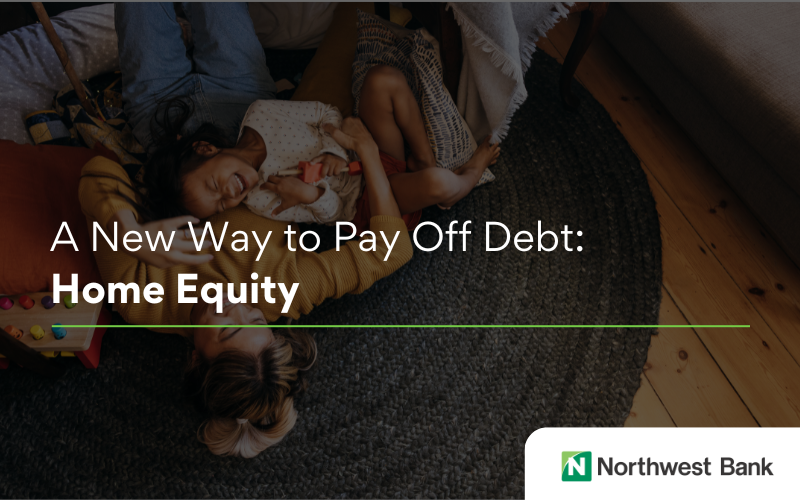How To Use Your Bank As A Financial Coach
Unlocking Hidden Value: How To Use Your Bank as a Financial Coach
Your bank is more than a place to deposit your paycheck, withdraw cash or inquire about a loan — it’s also one of your best resources for personalized financial support. Your banker can provide valuable guidance, whether you’re just beginning your financial journey or facing an important milestone such as buying a home or preparing for retirement.
“Connecting with a banker for financial support across life stages ensures you receive tailored guidance that adapts to your evolving needs and goals,” says Kristen Mekulsia, Northwest Bank Director of Retail Banking. “Cultivating an ongoing relationship can help you make informed decisions and optimize your financial strategy.”
For everyone, at any stage
It’s common for people to think that they don’t need help from their banker unless they’re facing a financial problem. “That’s a misconception that can undermine the full potential of your banking relationship,” Mekulsia says. “Banks can offer valuable services and advice to clients every day, not just in reactive situations.”
By building a solid relationship and understanding each client's specific needs, banks can provide proactive advice about better managing your finances and making the most of the bank’s products and services. “This can ultimately lead to financial stability and success,” Mekulsia says. Your banker can provide guidance on budgeting techniques, insurance options, investment strategies, retirement planning and more.
For example, you might talk to a banker about protecting your assets from fraud or cybercrime or how to begin the home mortgage process. Mekulsia notes that bankers are not financial advisors; however, they can recommend and connect clients to financial advisors as another resource. “Bankers are like a financial wellness coach who is in your corner,” she says. “We can coach you on how to save money, make money and protect your money.”
Building the relationship
So, how do you begin cultivating a relationship with your banker and ensure you’re making the most of what your bank offers? Mekulsia says the first step is easy: Visit or call your bank and introduce yourself to your banker. Schedule a conversation to discuss your financial goals and ask about their expertise in relevant areas.
“It’s okay to be vulnerable and talk about what you’re worried about and ask questions,” she says. “The banker’s goal should be to ensure you feel comfortable enough to express your concerns — then we can help.”
Some questions to consider discussing with your banker include:
- What services do you offer that could benefit me or my business?
- How do you typically communicate with your clients and what's your preferred method?
- Can you explain your approach to handling my financial needs or concerns?
- What are your qualifications and experience in the banking industry?
- How responsive are you to client inquiries or issues?
- What fees are associated with your services and are there any ways to minimize them?
- How do you assess risk and what factors do you consider when making lending decisions?
- Can you provide examples of how you've helped clients in similar situations to mine?
These questions can help you gauge your banker’s expertise, communication style and how well they understand your financial objectives. “The goal should be to help people feel like they’re not the only ones in any situation,” Mekulsia says. “It’s a judgment-free zone.”
Finding success
Developing a relationship with your banker is an investment worth making. A successful relationship should give you access to personalized service, tailored financial solutions and responsive services. “You’ll also benefit from proactive advice and support that can help you navigate challenges and accelerate your progress toward your financial goals,” Mekulsia says.
Connect with a Northwest banker to learn more about how they can help improve your financial wellness.


